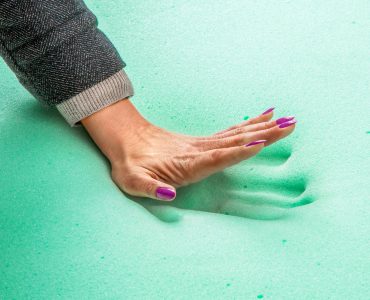Commonly known as moisturisers emollients are skin creams that protect the outer layer of skin. They cover the skin with a protective layer thus reducing water loss from the epidermis. Emollients keep the water content of the skin intact and also allow the damaged skin cells to repair themselves. Emollients soothe the skin making it smooth and supple. Some emollients are used for treatment of dry skin diseases like eczema and psoriasis. Emollients should be applied to the exposed parts of the body to keep them in good condition. Emollients should be used after washing our hands and between showers .Different forms of emollients are available in the market. These include soap substitutes, creams, oils and ointments.
Types of Emollients:
Soap substitutes: Soaps make the skin dry by damaging the outer layer of skin that contains natural oils. Not only soaps but some moisturising soaps, shower gels and bubble baths of ordinary types rupture the skin causing excessive dryness and worsen the skin condition. Soap substitute of good quality should be used instead of soap. Aqueos cream and emulsifying ointments are different types of soap substitutes that are available and can be used after a hand wash or after bath. It is better to use an aqueous cream for shaving instead of shaving foam which causes dryness.
How to use a soap substitute,
Soap substitute should be taken in a very small amount and should be mixed with a little warm water. It should be applied in a damp skin by spreading it evenly over the surface. After the cream is applied it should not be rubbed. Rinse the surface and pat it dry using a clean cloth.
Precaution: Some aqueous creams when used as an emollient cream may cause reaction to some people. So it is recommended to use an aqueous cream as a soap substitute instead of using it as an emollient. If the soap substitute does not settle after rinsing it is recommended to take advice from a GP or pharmacist for an alternative soap substitute.
Emollient bath additives
The required amount of emollient should be added to lukewarm water as recommended. The bath additives keep the skin smooth by preventing loss of moisture from the skin. These additives make the skin slippery so precaution should be taken after taking bath especially when using it for children. Children with sensitive skin or who are prone to infected eczema should use bath oils that contain antiseptic. One should be careful while using these products because occasional use can cause serious problems.
Precuation: The amount of bath additive used should not exceed the recommended amount as some of them are highly concentrated. They may cause skin irritation particularly if used after putting antiseptic bath oils.
Emollient creams and ointments
Emollient lotions or creams should be preferred to emollient because they are less greasy compared to the ointment. The lotion or cream one uses should suit the skin type of the individual. It should also suit the condition and lifestyle of the person using it.
Precaution: Some creams may cause irritation when they are first applied. Usually it settles down in few days but if irritation persist one must consult the pharmacist or general practitioner.











